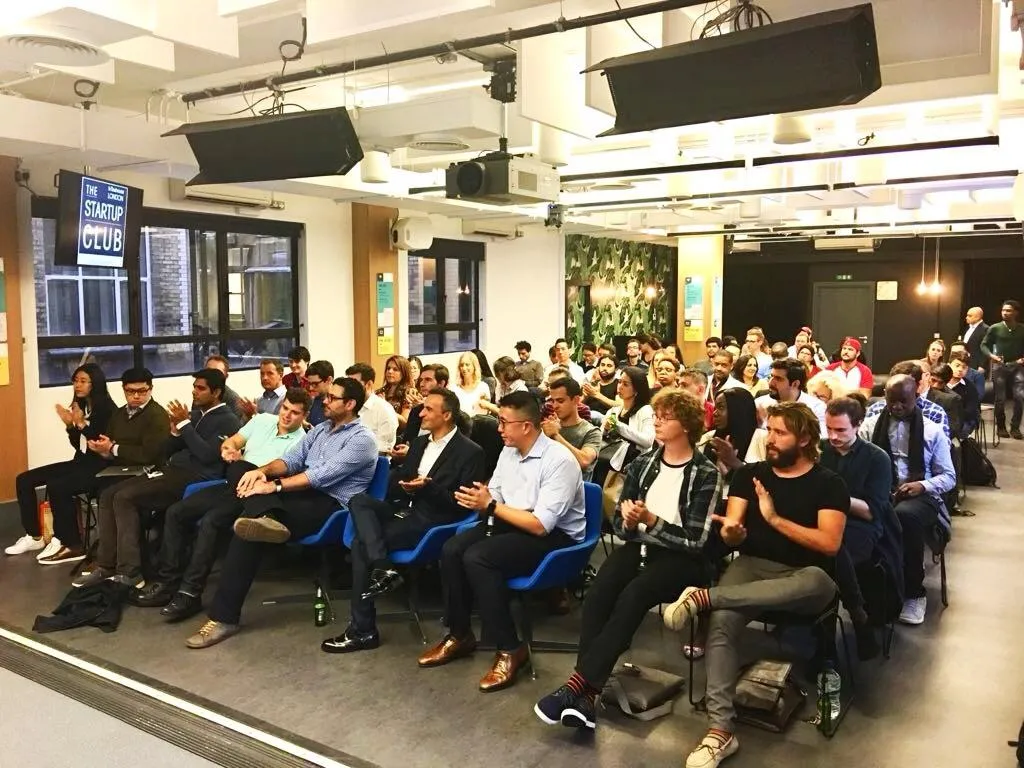
Why Systemic Change Is the Work of Our Time
In a world marked by accelerating climate disruption, rising inequality, and fragile economies, the
call for transformation has never been louder. Yet too often, our response is fragmented, isolated
projects, temporary fixes, and incremental reforms that leave deeper structures untouched. The
truth is simple but profound: lasting progress requires systemic change.
Systemic change means looking beyond symptoms to address the underlying patterns, incentives,
and power structures that perpetuate the challenges we face. It is not about adjusting a few rules at
the margins; it is about rethinking the entire game of how we invest, govern, innovate, and
collaborate.
Beyond Individual Impact
For decades, impact initiatives have focused on measurable outputs, such as meals delivered, trees
planted, and schools built. These contributions are meaningful, but without structural
transformation, they risk being swept away by larger forces. Planting trees, for example, cannot
succeed in the long run if agricultural systems continue to drive deforestation.
Systemic change insists that we zoom out: how are different issues interconnected, and how can
solutions reinforce one another? It shifts the question from “What impact am I making?” to “What
impact system am I part of?”
Collaboration as Infrastructure
No individual, however visionary, can shift systems alone. Actual change requires what some call
ecosystems of impact: networks of entrepreneurs, investors, policymakers, educators, and
communities working in concert. These ecosystems do not merely exchange ideas; they redesign
incentives, share resources, and create new norms.
The Impactors Club is founded on this principle. It is not simply a membership body, but a living
infrastructure where changemakers can connect, coordinate, and co-create. By pooling intelligence
and effort, members unlock possibilities far beyond what is achievable in isolation.
From Fragility to Resilience
Short-term solutions are prone to collapse when confronted with external shocks, whether financial
crises, pandemics, or environmental disasters. Systemic change builds resilience by embedding
regenerative principles into the way businesses operate, capital is deployed, and communities
thrive.
This is why systemic approaches often appear slower at first glance; they require redesigning
foundations, not just building facades. But once established, they are far more sustainable.
Innovation at the System Level
Many of the most exciting breakthroughs of our era are systemic by nature: regenerative finance,
circular economies, bioregional governance, and distributed ownership models. These are not
tweaks to existing systems; they are bold reimaginings of how value is created and shared.
To be part of systemic change is to step into this frontier of innovation, not merely asking how to
succeed within the current system, but how to reshape the system itself so that success is measured
by wellbeing, resilience, and shared prosperity.
The Imperative of Our Age
The challenges of this century demand more than individual heroics. They require a collective re-
design of the systems that govern our economies, societies, and ecologies. Systemic change is not
optional; it is the only pathway to a future that is both livable and just.
The Impactors Club exists to convene those willing to answer this call. It is a community built on the
recognition that systemic change is the work of our time and that together, we can turn bold visions
into enduring realities.